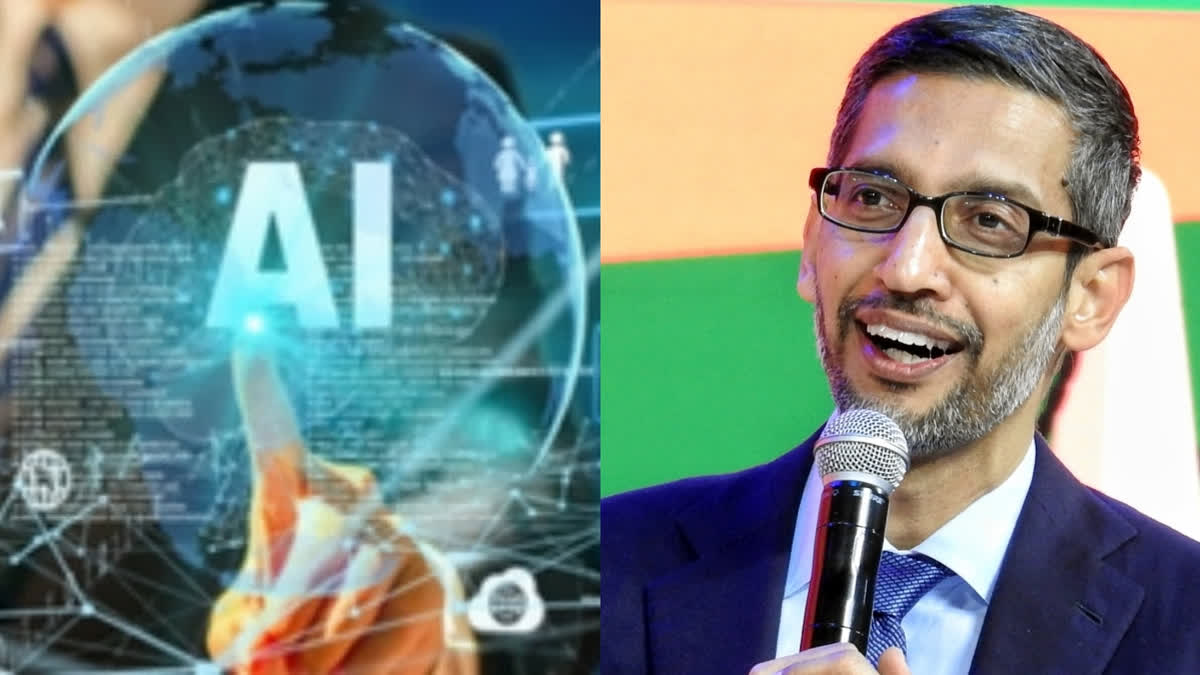New Delhi: For Alphabet and Google CEO Sundar Pichai, the next 25 years are crucial as with artificial intelligence (AI), the company has the opportunity to do things that matter on an even larger scale.
As Google looks ahead, the Indian-origin tech mogul has been reflecting on the commitment from the original founder’s letter in 2004: “to develop services that improve the lives of as many people as possible — to do things that matter.” “We’re just beginning to see what the next wave of technology is capable of and how quickly it can improve,“ according to Pichai.
Today, one million people are using generative AI in the Google Workspace to write and create. Flood forecasting now covers places where more than 460 million people live. A million researchers have used the AlphaFold database which covers 200 million predictions of protein structures, helping with advances to cut plastic pollution, tackle antibiotic resistance, fight malaria, and more.
“We’ve demonstrated how AI can help the airline industry to decrease contrails from planes, an important tool for fighting climate change,” he said in a detailed post on the “quarter century of change”.
Still, there is so much more ahead. Over time, AI will be the biggest technological shift we see in our lifetimes. It’s bigger than the shift from desktop computing to mobile, and it may be bigger than the internet itself. It’s a fundamental rewiring of technology and an incredible accelerant of human ingenuity.
“Making AI more helpful for everyone, and deploying it responsibly, is the most important way we’ll deliver on our mission for the next 10 years and beyond,” Pichai noted.
“Our search for answers will drive extraordinary technology progress over the next 25 years. And in 2048, if, somewhere in the world, a teenager looks at all we’ve built with AI and shrugs, we’ll know we succeeded. And then we’ll get back to work,” he emphasised.
An essential truth of innovation is that the moment one pushes the boundary of a technology, it soon goes from extraordinary to ordinary. “That’s why Google has never taken our success for granted,” according to Pichai.
Also read:Google brings AI-powered coding assistant Studio Bot to India
Larry Page and Sergey Brin are the CEO and president of Google's parent company, Alphabet, respectively, first wrote down the mission 25 years ago -- to organise the world’s information and make it universally accessible and useful.
“They had an ambitious vision for a new kind of search engine to help people make sense of the waves of information moving online. The product they built, Google Search, went on to help billions of people around the world get answers to their questions,” said Pichai.
